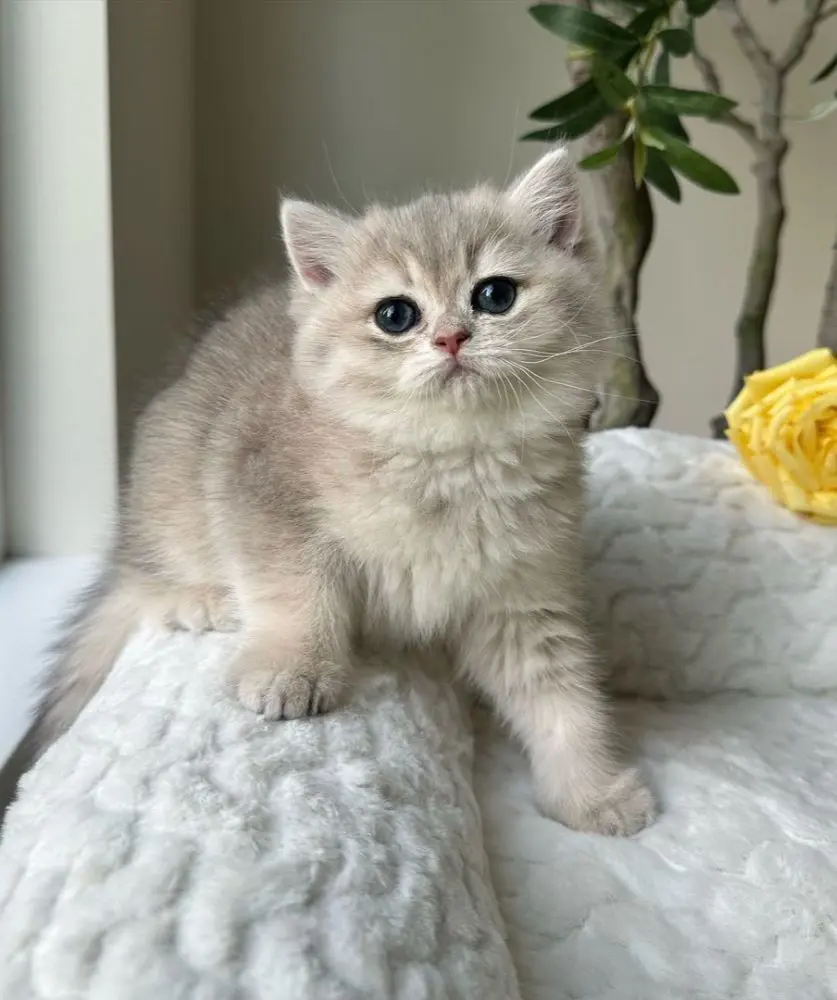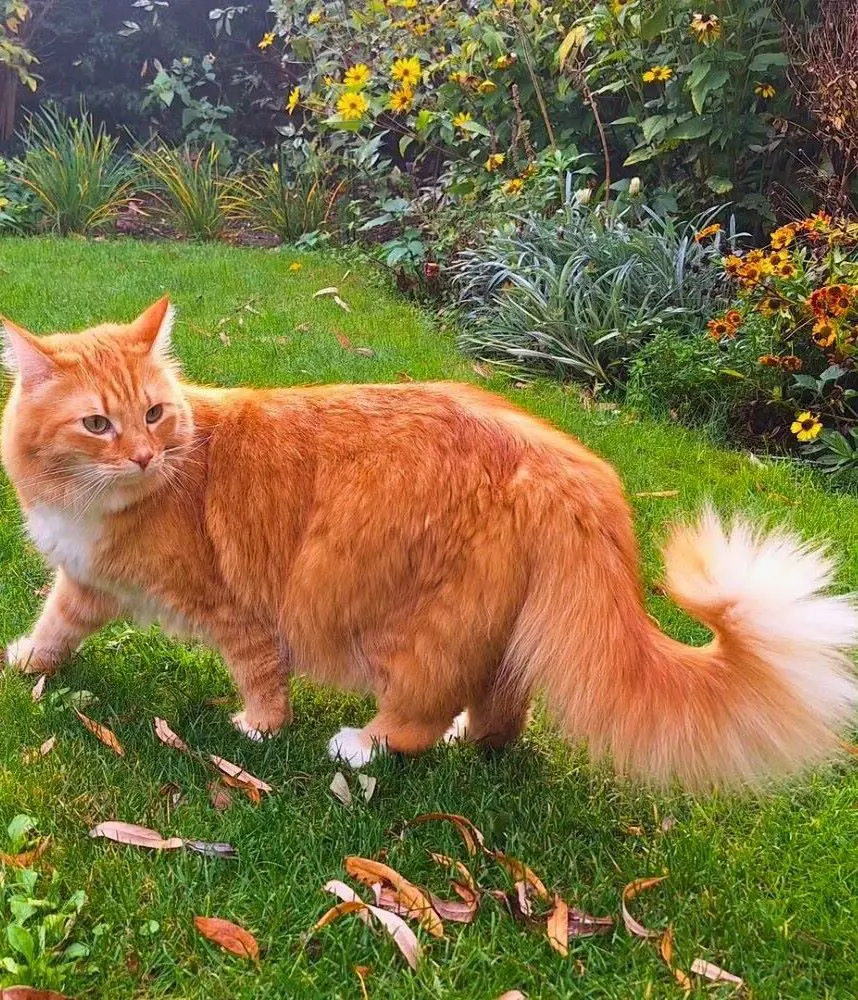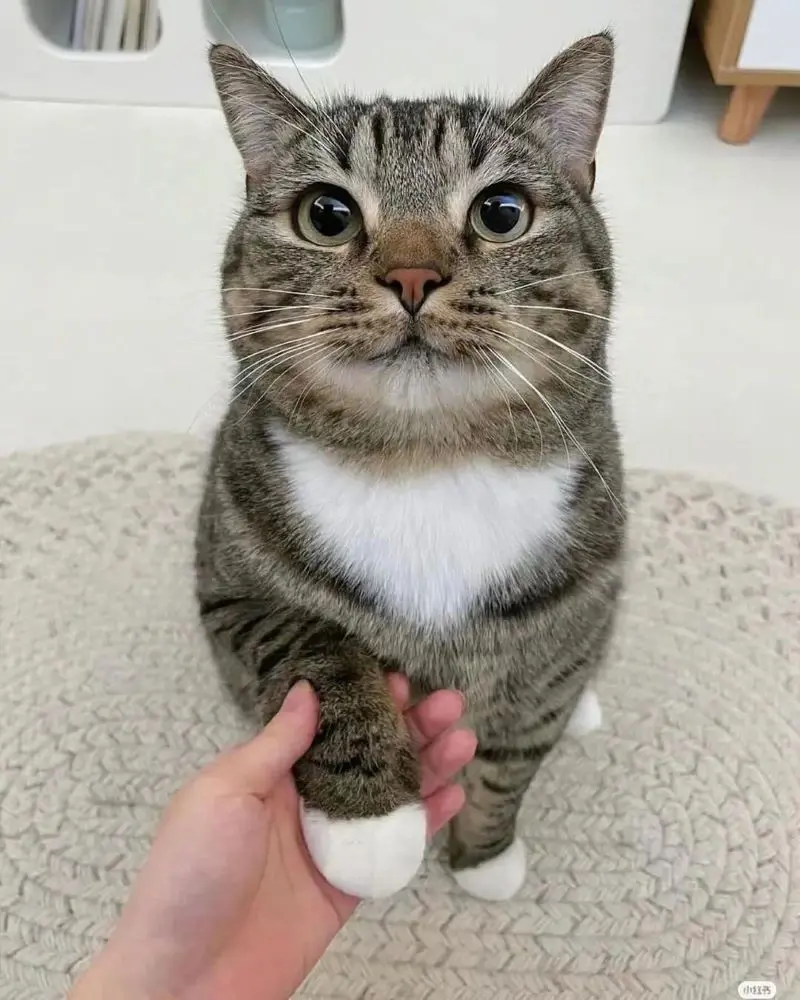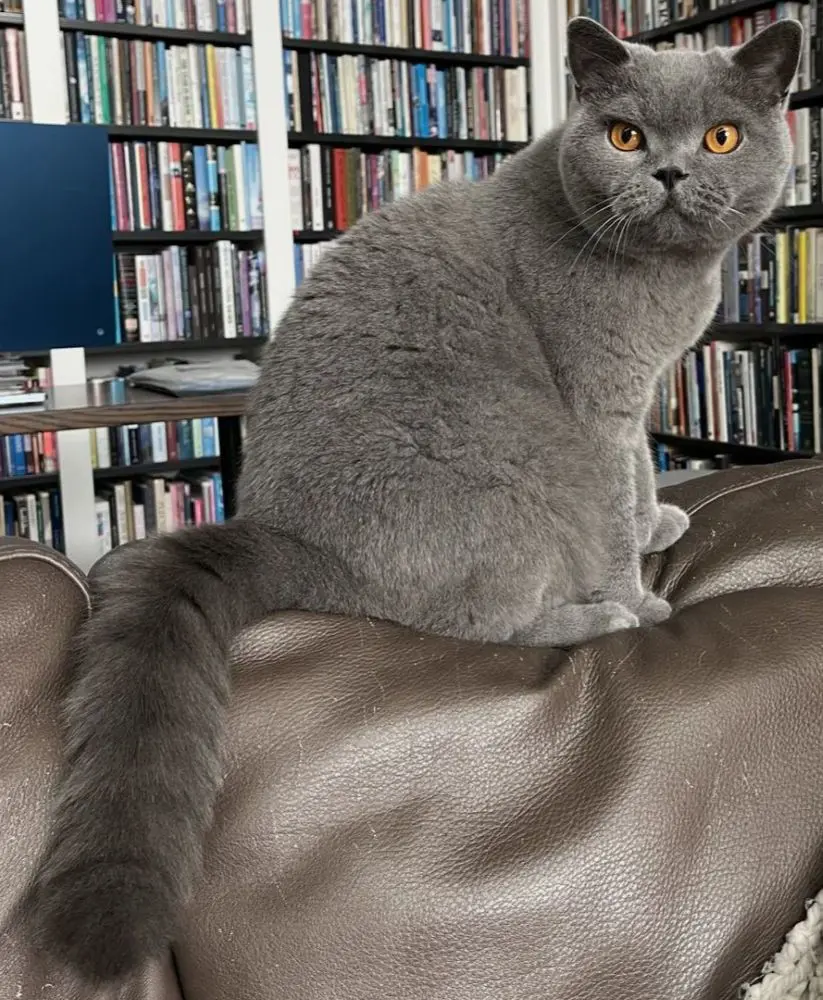18 Reasons Why Cat Cry At Night
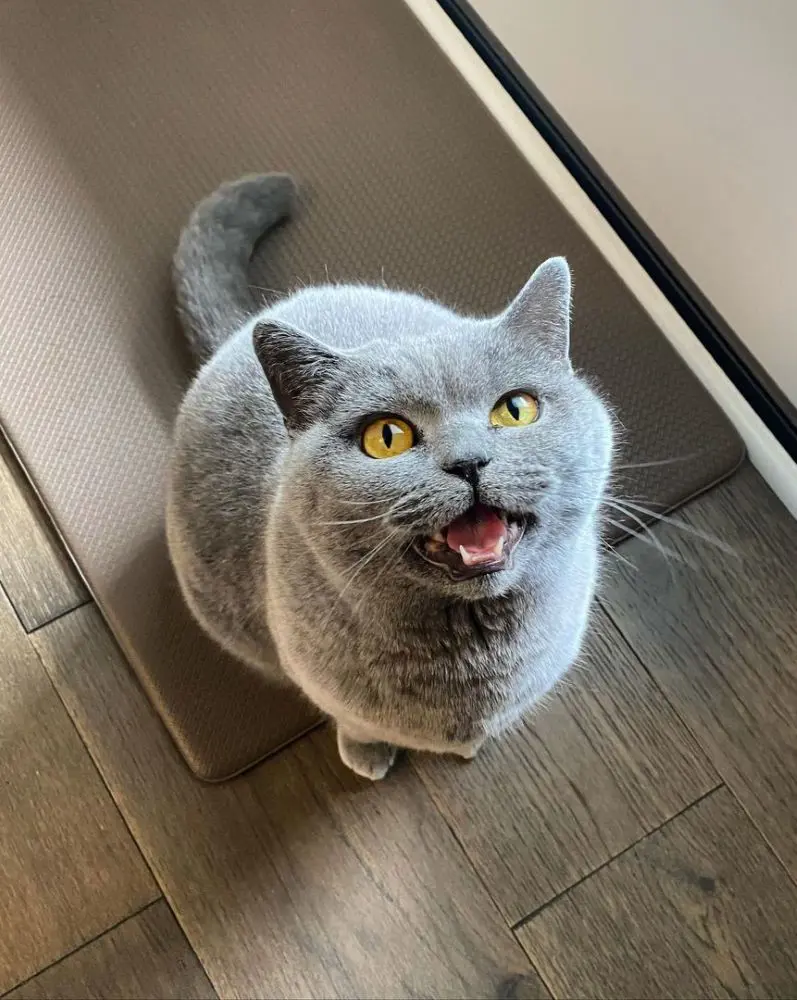
Cats are often wrongly considered lazy as they usually spend their time resting or eating. However, what most cat critics don't realize is that these felines are not meant to be awake during the day.
Instead, they remain active at night, hunting or playing around with their toys. During these plays, the cat can become vocal and start making loud or soft meows, depending on their mood at the time.
These meows or night cries are not random; they are generally connected to different emotions these cats may be going through at the time.
This article includes 18 potential reasons for cats crying at night.
1. Hunger
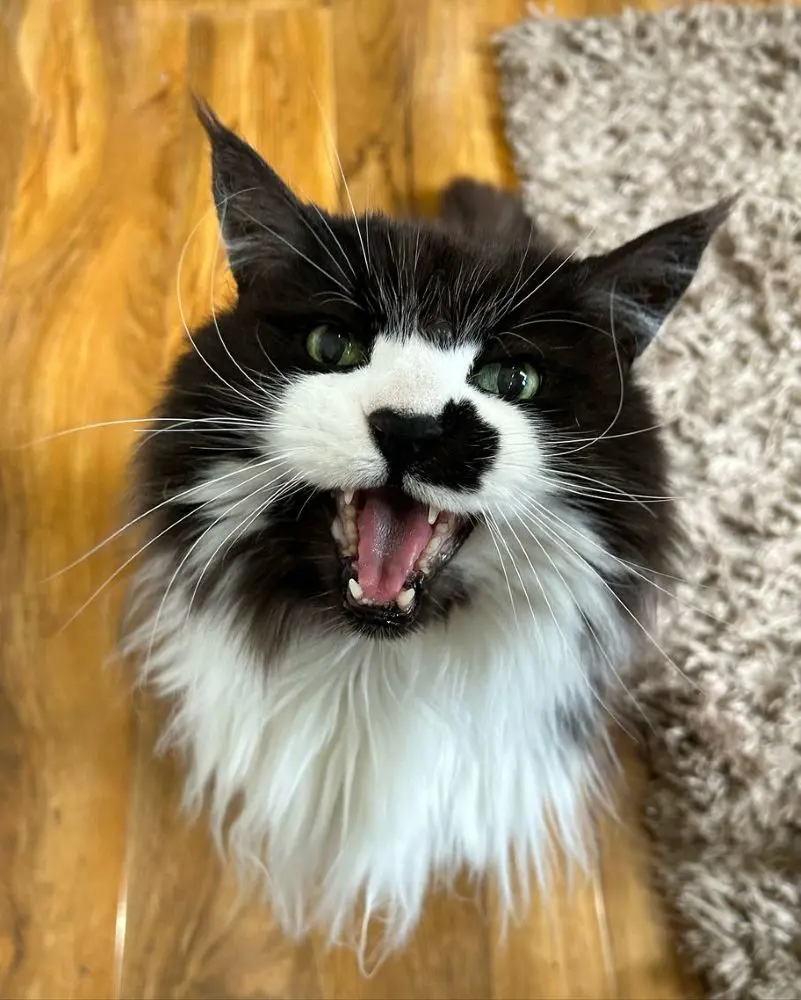
As nocturnal animals, cats remain active at night, often moving and playing. Their nightly activities will require a significant amount of energy to sustain the cat through the night. As cats tend to become hungry, they use vocalization, usually in the form of a crying-like sound, to communicate their feeling of hunger.
A food dispenser that gives out food every hour or so is the best way to keep your pet's belly full, while also avoiding overconsumption. However, be careful as cats are notorious for cracking these dispensers, giving them a huge supply of food. This is particularly bad for the feline as it can cause food-related issues like obesity and excessive weight gain.
2. Loneliness
Often wrongly represented as anti-social creatures, cats depend on humans, not just for food but also for company. In houses where the owners are mostly away and the cat is forced to stay alone for long hours, without even the companionship of another pet, felines can suffer from loneliness.
Additionally, living in a home where the cat is usually ignored can also trigger a lonely feeling in felines. What many cat owners fail to understand is that simply providing food and a place to live is not enough for a cat to live; the company of humans and other pets is also essential.
Consider spending time with your pet cat to make them feel that you haven't abandoned them. If you are unable to give cats the companionship they need, think of bringing a second pet into your house- a cat or dog will be ideal.
3. Playfulness
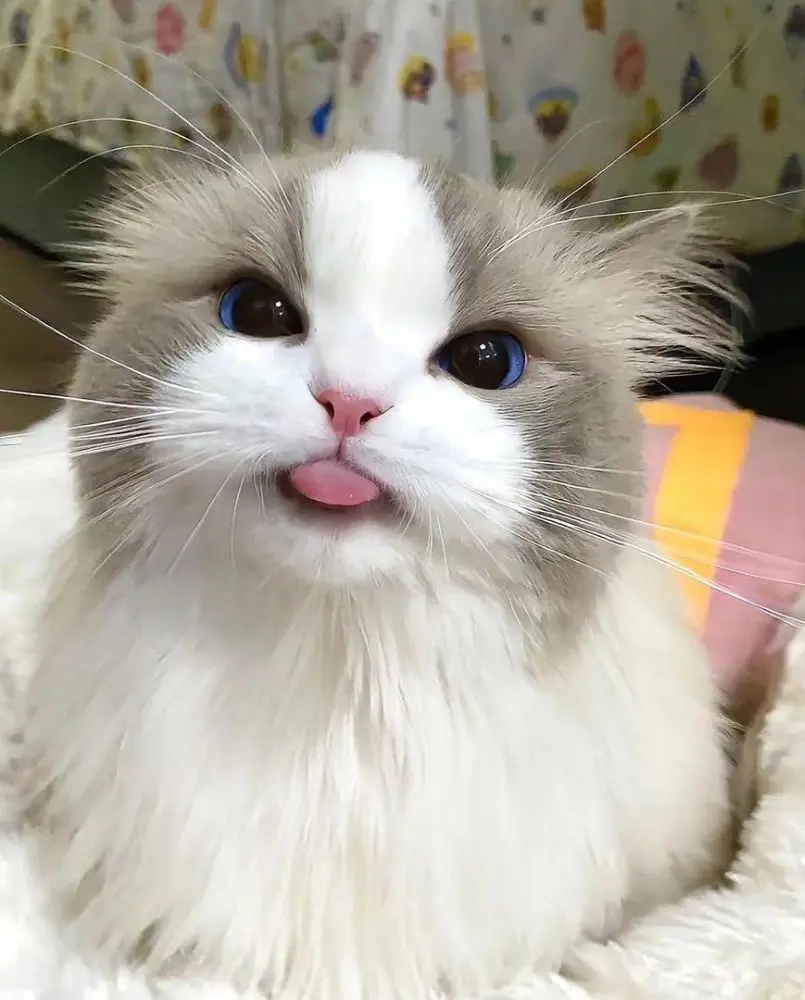
Cats may cry at night when they’re feeling playful, especially if they’re trying to get attention for some late-night fun. Since cats are crepuscular (most active during dawn and dusk), they often experience a burst of energy at night, particularly if they haven’t had enough stimulation during the day.
When a feline is feeling playful, the cat meows at night are usually different from those it uses for other emotions. These playful sounds can be low chirps, soft meows, or a combination of purr and meows. The vocalization emitted by the cat sounds less urgent and more rhythmic, signifying the pet's desire to play.
If your cat frequently cries at night to initiate play, offering more structured play sessions during the day or before bed can help reduce this behavior.
4. Curiosity or Exploration
Cats are curious by nature; they love exploring their surrounding and often bring perceived valuable items to their parents as gifts. During the night, a cat may get bored and start exploring its nearby surroundings.
As they go on a quest to satisfy their curiosity, cats can become more vocal at the sight of new findings. If cats come across a toy, they can get agitated and, in return, give off an irritated vibe.
5. Territorial Behavior
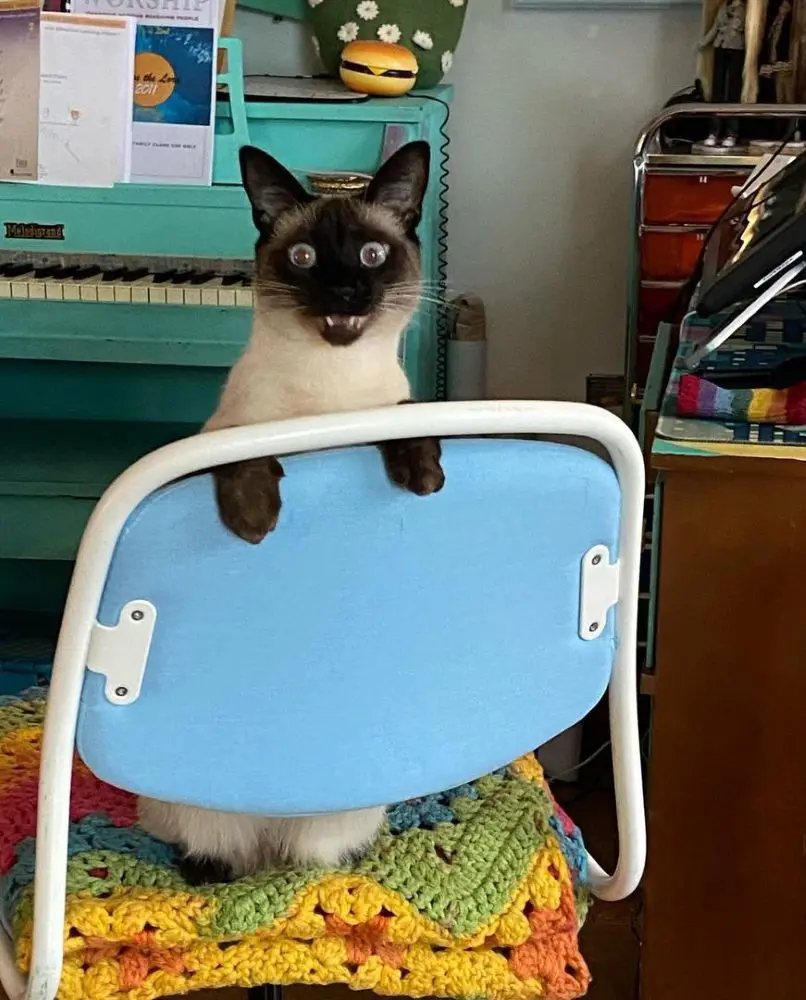
When it comes to their homes and surroundings, cats are extremely protective of their territory. They often act like their human companions, usually getting aggressive when a predator is approaching.
Cats generally use the method of urine marking to determine whether or not the cat is showing territorial tendencies. As descendants of the big cats, cats are protective of their territories.
Meanwhile, in domestic cats, the territorial behavior is less frequent, although additional facts will be required to prove this theory.
6. Hormones
Cat crying all night can be a result of a hormonal change; these chemical messengers all around the body, aiding in processes like reproduction, growth, and moods, among others. Cats crying due to the presence or absence of hormones is relatively rare, unless it is directly related to mating behavior.
In addition to releasing strong pheromones, cats also make different sounds to attract their potential partners at night. Nighttime is perfect for these animals due to their tendency to stay active after dark.
Whether the cat is in the head or not can be determined by identifying a few signs. For instance, female cats in heat might grow more affectionate and vocalizing than their male counterparts.
7. Aging and Cognitive Decline
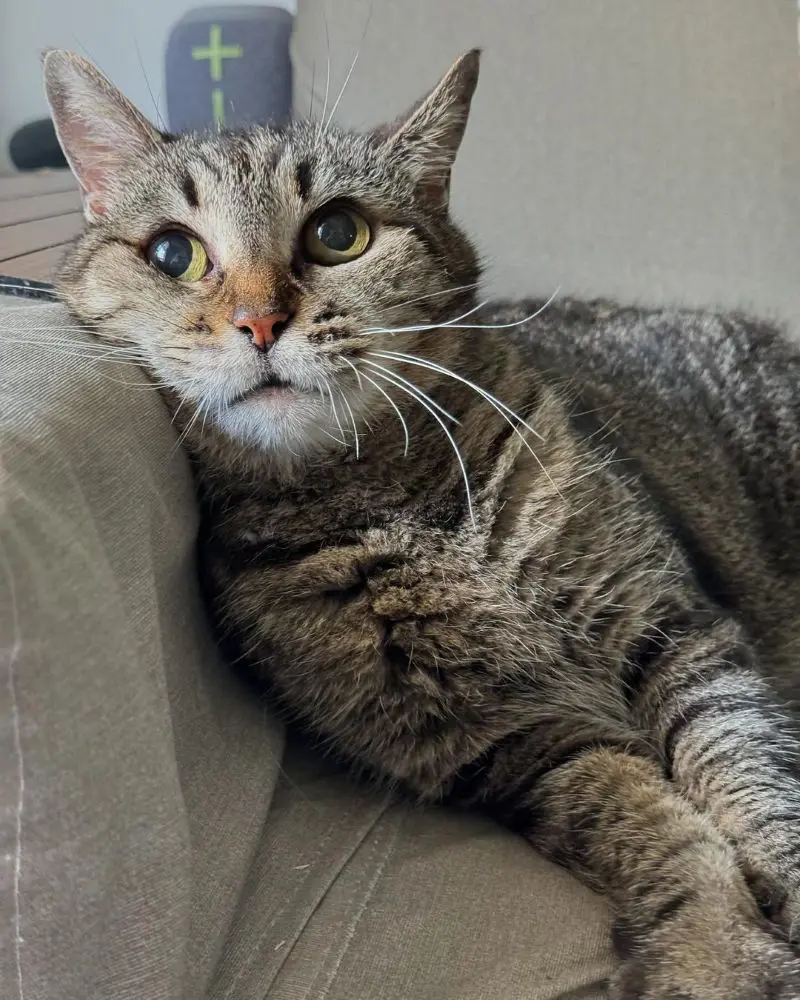
Aging is a continuous process that doesn't stop. As cats grow old, they also witness a reduction in cognitive health. Cats, like any other animals, are made up of billions of cells that are responsible for the feline's survival, growth, and movement.
Cells die at a significant rate. However, in healthy cats, the dead are instantly replaced by healthy cells, without the cat even being aware of this process.
Similarly, as cats age, the dying of cells remains at the same rate. But, due to old age, the body could be unable to create new healthy cells to replace the new ones.
With aging, also comes cognitive decline, a common phenomenon in cats of old age. Cognitive decline represents the inability of a cat to think; it can hinder the cat's movement, vocalization, and even the ability to play.
8. Anxiety or Stress
Cats that are prone to anxiety usually create a crying-like tone. When encountering something unfamiliar or potentially harmful, especially in the darkness of the night, cats might become vocal to express their feeling of anxiety to anyone willing to rescue it.
While this cat cry is not limited to nights, cries during the day are often ignored by the parents. Meanwhile, cries at night are more effective due to the lack of other background noises that may block the cat's sound.
Similarly, a cat may have more control over their surroundings during the day as they can better explore their nearby environment.
9. Unfamiliar Surroundings
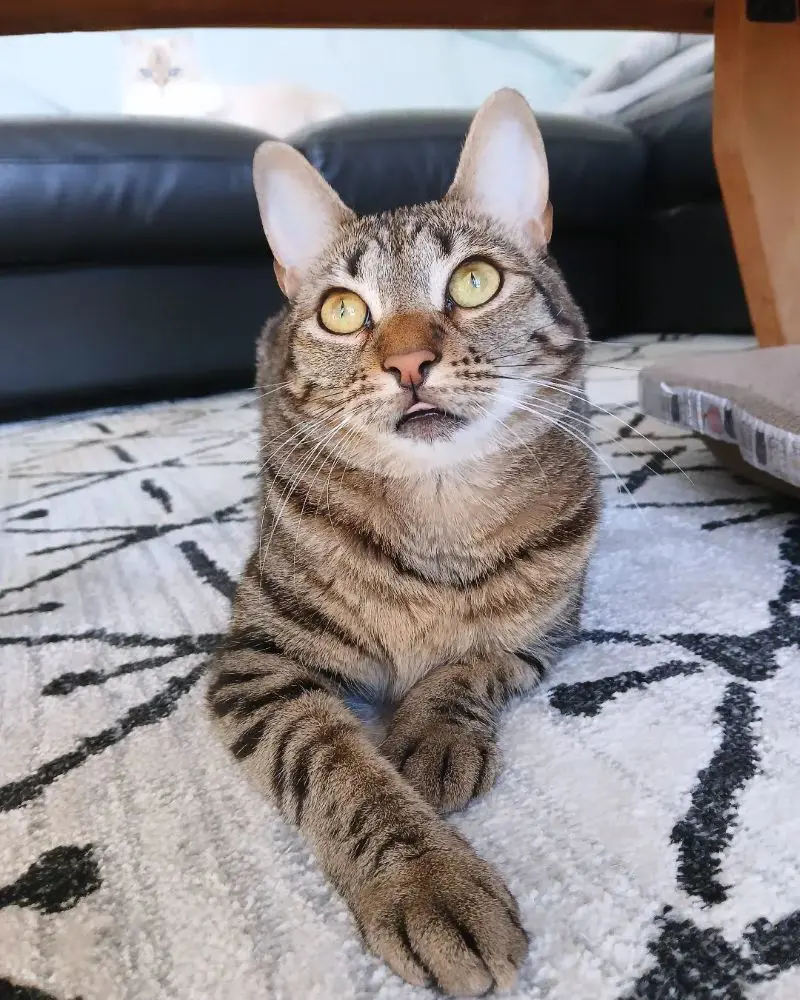
Moving into a new home or an unfamiliar surrounding is a bittersweet experience for humans and cats alike. While shifting to a new place or location triggers excitement, you may also feel a little unpleased to leave a well-known environment.
Shifting to a new apartment is considered a normal part of life for humans. But, to cats, the new location is a completely hostile territory that may or may not welcome it. So, once its owner and other family members go to sleep, the cat becomes restless and starts emitting repeated meows that resemble a baby's cry.
The excessive crying often subsides after a few days, once the cat adjusts to its new conditions. However, if the cat continues the cry for weeks or months, the feline is likely suffering from anxiety or depression.
10. Attention-Seeking Learned Behavior
Like dogs, cats also demand attention from their owners. In many cases, cats meowing loudly at night often get the attention they seek as the owner is willing to do anything to go back to sleep. This becomes an opportunity for cats to extort attention and rewards in exchange for a quiet night.
While the idea of a cat blackmailing might sound cute, it often does more harm than good. If you continue giving up on the cat's demand for a long time, it can harm the cat's mental and emotional.
This behavior, if continued for weeks or months, can cause serious behavioral issues in cats. To control these types of behavior in cats, make sure they are well-trained and socialized with other animals. Setting up a room filled with cat toys and climbing structures can also significantly reduced these late-night meows.
11. Closed Doors or Restricted Access
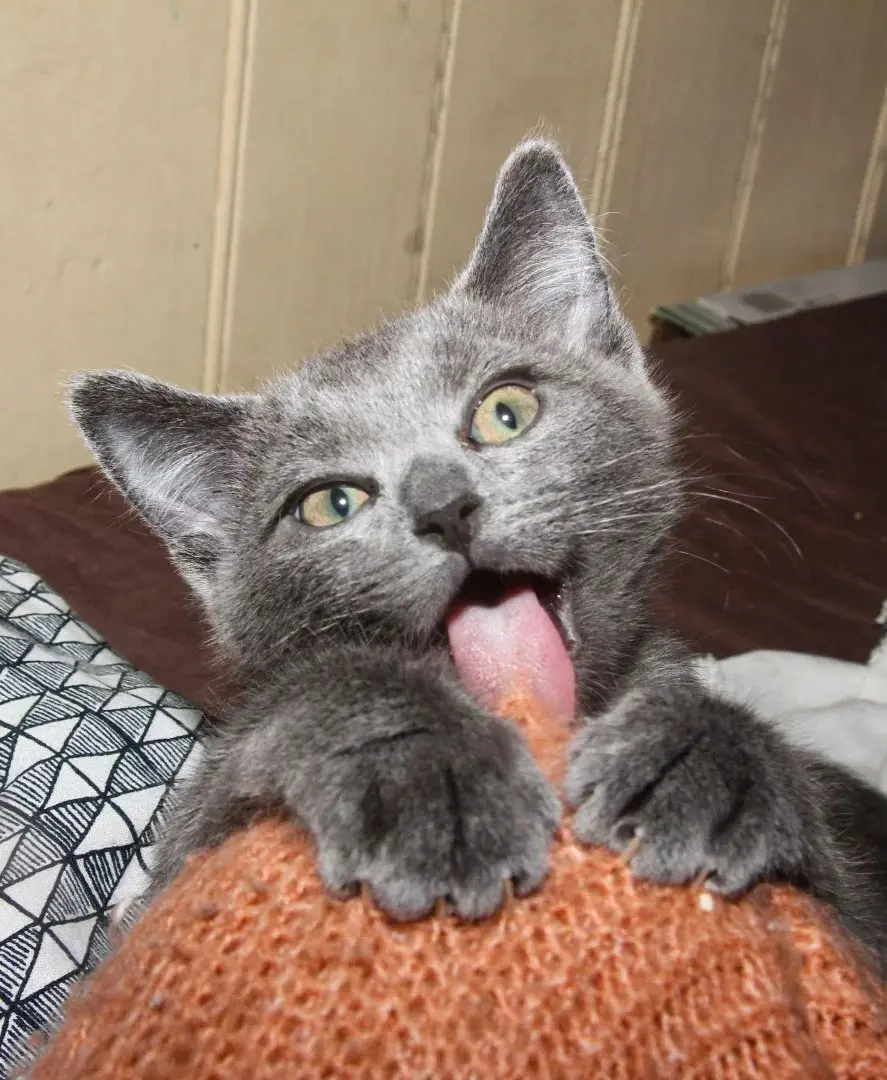
Cats can occasionally come off as ill-mannered, possibly due to their curious nature and stance against authority. In the wild, felines are independent hunters; despite several attempts, these wild cats are rarely tamed.
The same is true in domestic cats as they often defy direct commands from their owners. Closed doors are particularly a source of frustration for many cats. You might have noticed the cat immediately becomes vocal and even aggressive as soon as you shut the door behind them.
Restricting a cat's access to some rooms or locations can often make the felines more determined to go into the room. They will try everything from making crying sounds to scratching the door until their demands are met.
12. Separation Anxiety
Leaving your cat alone and unattended for a long time is a bad sign in pet homes. While it's understandable that people need to leave their pets for a few hours every day to earn their fair share of bread, leaving them alone for days at a time is not a sign of loving pet parents.
If a cat is forced to live in a house for an extended period, it's likely to develop separation anxiety. This phenomenon is not a new one and not limited to cats; animals like dogs and horses also tend to get separation anxiety when they are left alone.
13. Visual or Auditory Stimuli
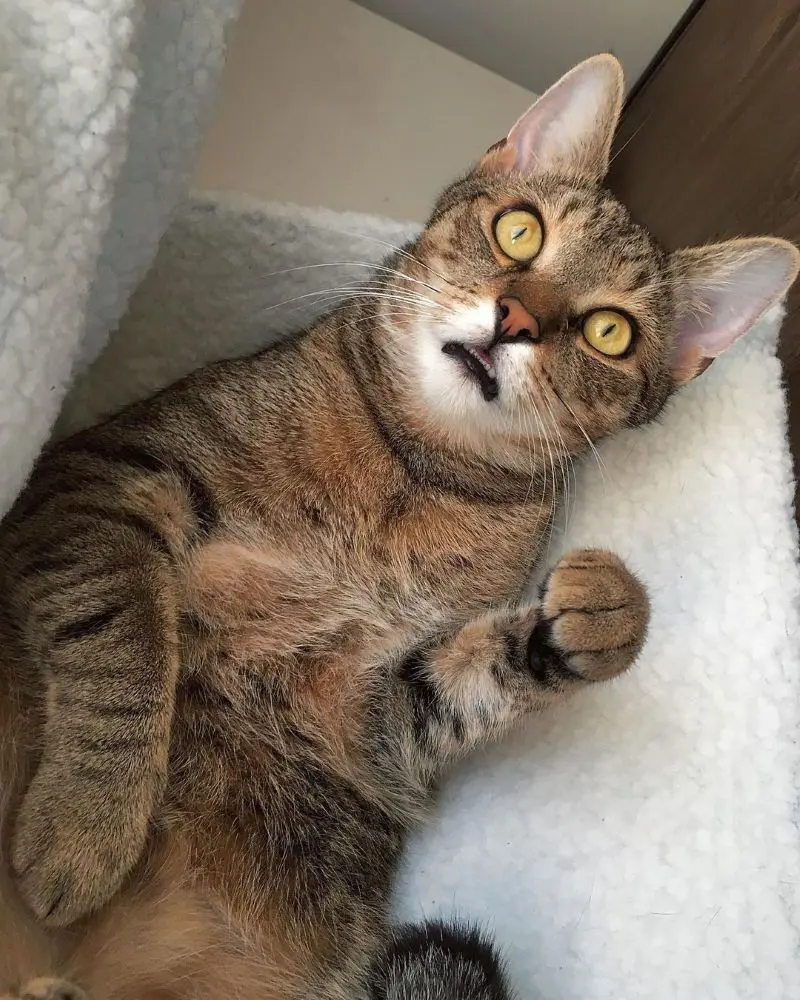
Visual and auditory stimuli - like the sight of an animal outside or an unfamiliar noise - can easily trigger a cat’s crying at night due to their heightened senses and natural alertness. Although cats are sensitive to sounds, their instincts allow them to investigate or react to these stimuli.
If a cat catches sight of something moving outside, such as a bird, raccoon, or another cat, this visual cue can spark an intense response. The cat might vocalize through a series of chirps, chattering sounds, insistent meows, or expressing frustration.
On the other hand, cats' ears are adjusted to a wide range of sounds, including those beyond human hearing. At night, when everything is quieter, they may hear distant or subtle noises like rustling leaves, another animal’s meow, or a car passing by.
14. Natural Activity Rhythms
Most cat owners should be aware of the fact that a feline is most active at dawn and dusk, making them effective crepuscular animals. Hence, the natural rhythm of a cat is to become active at night and rest during the day.
Due to the custom of domesticating cats and providing them with a safe house to live in, cats are no longer forced to hunt or remain vigilant even when resting. However, their wild instincts still make them active at night, though it is more of a habit than a necessity.
One thing to make sure is that your cat is not oversleeping. If the cat sleeps at night, keep them active during the daytime; permitting them to sleep throughout the day and night can lead to issues like laziness, obesity, heart issues, and more.
15. Boredom
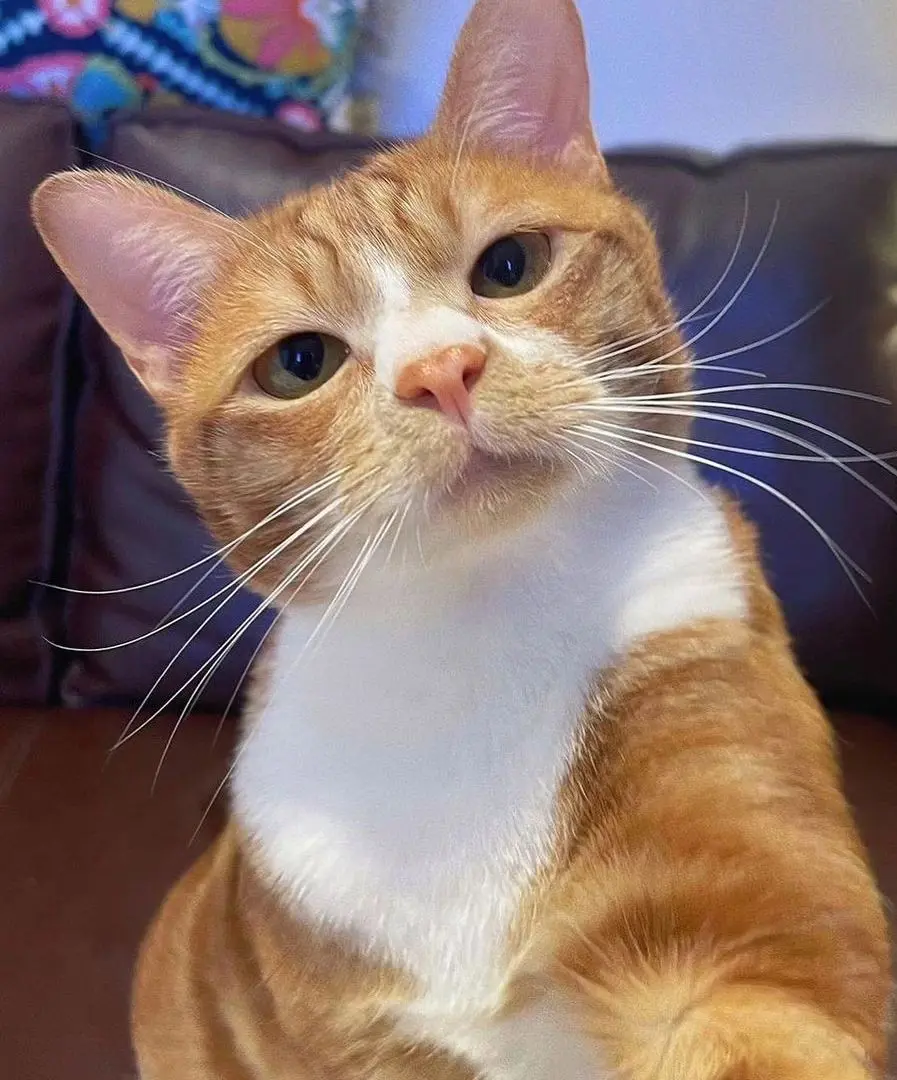
Cats are active creatures that need plenty of physical activities and mental exercises to prevent them from getting bored. Boredom is particularly dangerous in indoor cats that get left for hours at a time. With no one to supervise or play with them, these cats easily get bored and may even turn destructive.
When a cat is not engaged physically or mentally, it can make vocal sounds to prevent boredom. Similarly, felines may also indulge in activities like crashing items and making loud crying-like noises if they are sufficiently stimulated.
To avoid boredom, the best option is to bring in a second pet, preferably a dog or cat. Similarly, you can also try to reduce their boredom by buying them lots of interactive toys, so the pet can be busy when you are not around.
16. Prowling
In cats, prowling refers to a slow and deliberate movement as they explore or patrol an area. When cats prowl, they move with heightened alertness, using their keen senses to detect prey or unfamiliar scents.
Cats tend to cry when prowling, usually impacted by triggers such as territorial behavior, hunting instincts, and anxiety. At night, the cat may feel the need to assert ownership over their space. If it detects the scent or sound of another animal, it might yowl or cry while prowling to warn off intruders and mark their territory vocally.
Additionally, crying is also common when the cat's hunting instinct gets triggered. If the cat spots or senses something it perceives as prey, it might make chattering sounds or high-pitched meows in response to excitement.
17. Pain
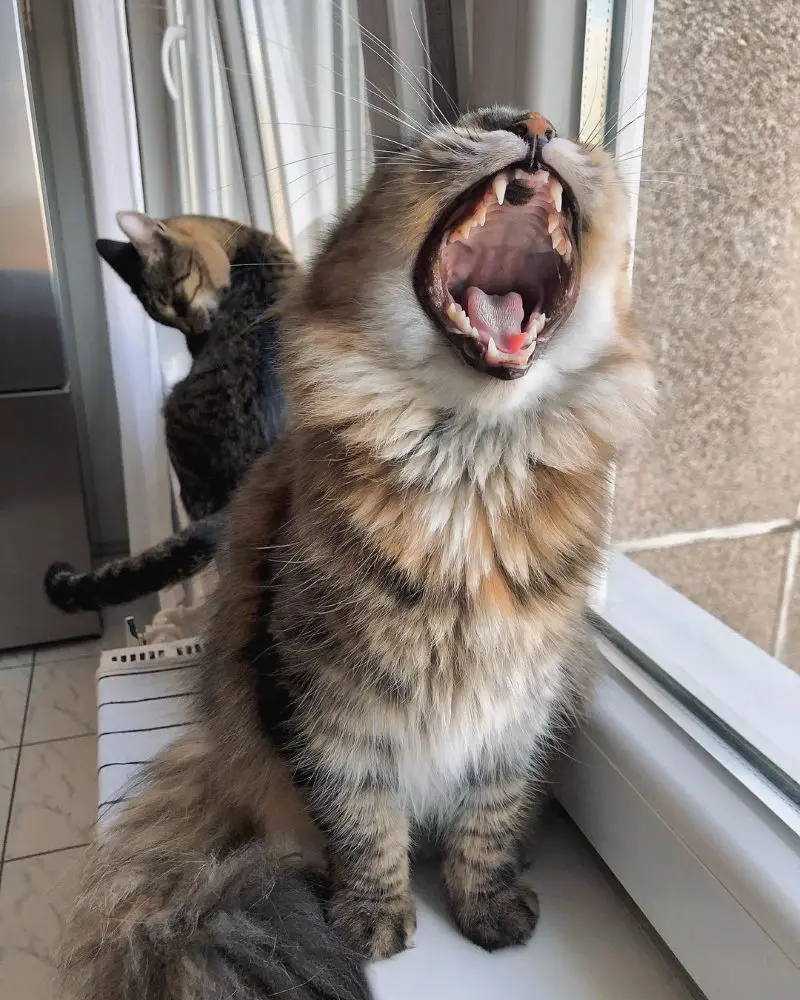
Pain is often a trigger for making low meows in cats; this response is not limited to cats as most animals, including humans, emit some form of sound to express their pain.
In cats, the pain response is usually a loud yowl or a low meow, depending on the severity of their injuries. While this sound is not only made at night, it is much easier for cat owners to notice it during night.
Meows made from pain are an indicator that the cat needs urgent care.
18. Health-Related Sensory Decline
Keeping their cats healthy should be the first concern of any cat parent. Feline health issues, if not properly treated, can have unpredicted consequences.
When a cat suffers from a serious health condition, especially a neurological issue, it can cause a significant decline in senses including loss of hearing and eyesight. These problems can limit a cat's movement and confine it to limited space.
As a way to compensate for the loss of their senses, cats can become more vocal. This is like a defensive mechanism of the cat to scare away any human or animal that are on the way.
Top Lists

